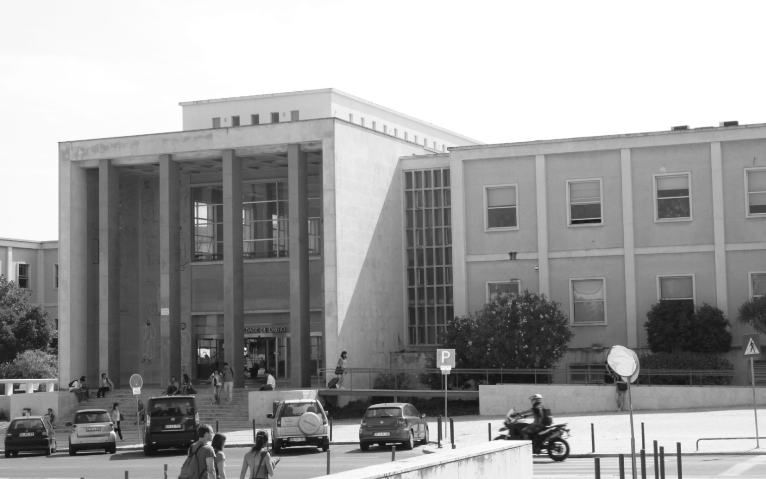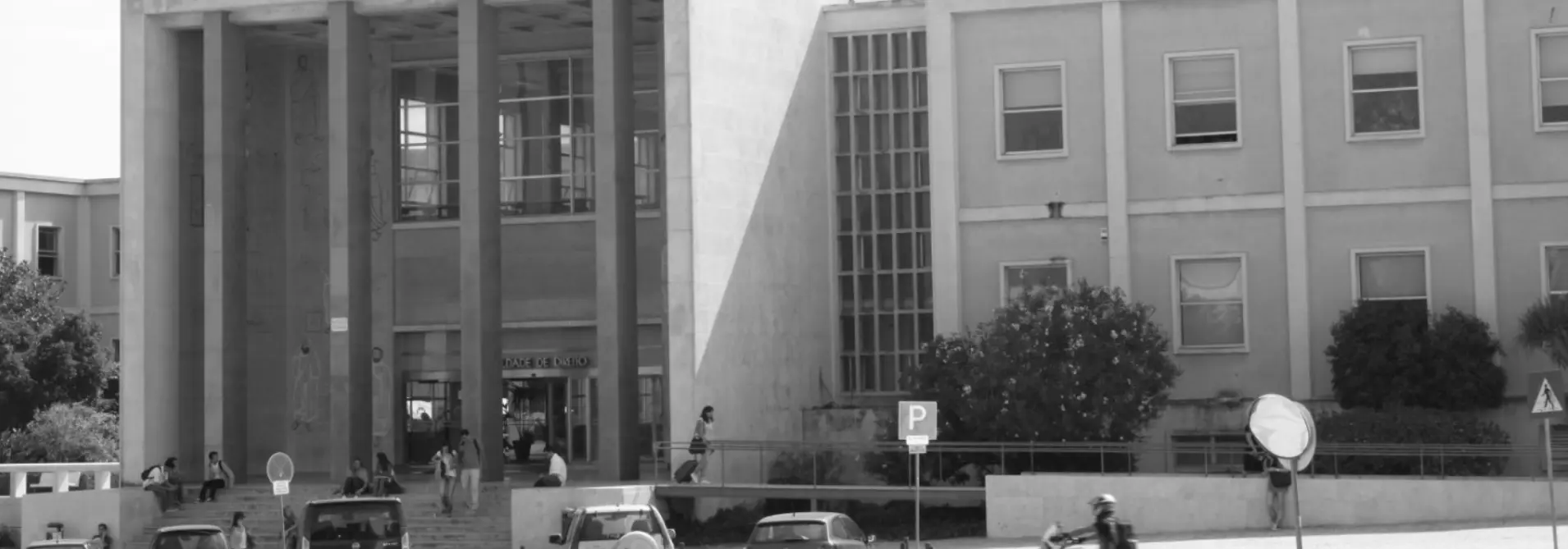CJEU – Case C-298/22
In a decision handed down in Case No. C-298/22, the Court of Justice of the European Union (CJEU) ruled that the exchange of information between credit institutions in Portugal may constitute a restriction on competition.
The decision is based on a case in which the Portuguese Competition Authority (AdC) imposed a fine of 225 million euros on 14 credit institutions, considering that they had violated national and EU competition law for having participated in a comprehensive reciprocal exchange of sensitive information between 2002 and 2013. In short, the AdC“considered that this exchange of information constituted a restriction of competition by object. In other words, according to this authority, given the seriousness of this concerted practice, it was not necessary to examine its possible effects on the markets in question to conclude that this practice violated competition law”.
After an appeal by some of the credit institutions, the Portuguese Competition Court questioned the Court of Justice about the possibility and conditions for qualifying an exchange of information as a restriction of competition by object.
The CJEU has pointed out that isolated exchanges of information between competitors may constitute a restriction of competition by object, if there is“a form of coordination which, by its very nature, is necessarily, in a context such as that involving the exchange, detrimental to the proper and normal functioning of competition”.
In its response, it was pointed out that "an exchange of information constitutes a form of coordination which may be classified as a restriction by object when it allows such uncertainty to be eliminated.This is the case in which the information exchanged is“confidential and strategic in the sense that this information is likely to reveal the future behaviour of a competitor in the markets in question”.It is worth noting that information considered confidential is that which“is not yet known to any economic operator active in the market in question” ; strategic information is understood as that which “may reveal , after having been combined with other information already known, the strategy that some of those participants in an exchange of information intend to follow in relation to what constitutes one or more parameters on the basis of which competition is established in the market in question”.”.
In view of the decision, it is now up to the Portuguese Competition Court to analyze the specific case and decide whether to maintain the fine initially imposed for restricting competition.
We invite everyone to follow the Observatório on social media for more relevant and up-to-date content on Constitutional Justice.



